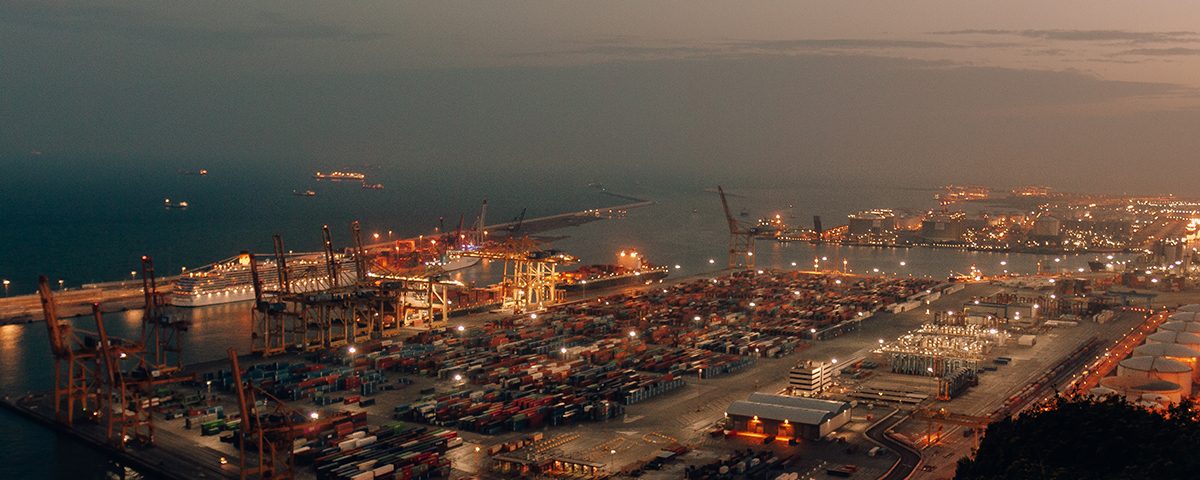January 20, 2022:- The Special Economic Zones (SEZ) Bill, 2021, was unanimously passed in the House of Representatives on 19 January 2022 after being approved in the Senate on 07 December 2021. The Bill was piloted in both Houses of Parliament by Senator the Honourable Paula Gopee-Scoon, Minister of Trade and Industry.
The Bill, which follows the 2019 Revised National SEZ Policy, seeks to create a new legislative, administrative and institutional framework upon which investors, both domestic and international, can expect enhanced transparency, predictability and security for their investments.
This Bill forms a critical and transformative step for Trinidad and Tobago in creating a new investment regime that attracts investment, promotes economic diversification, and reinforces the Government’s commitment to ensuring sustained economic growth and competitiveness.
The main objectives of this SEZ Regime are:
- to expand the country’s revenue base;
- to increase and diversify the investments and exports in economic zones;
- to increase and enhance private sector participation in the economy through inter alia SEZ development and operations;
- to integrate SEZ enterprises with national developmental objectives to facilitate economic development across the country; and
- to increase compliance of SEZ operations with local, regional and international standards and laws.
This action by Government represents a transformational shift in how economic spaces will be governed and developed, and will ultimately result in new, better jobs for citizens of Trinidad and Tobago.
The SEZ Bill, 2021, provides the legislative framework for a licensing Regime for Operators, SEZ Enterprises and Single Zone Enterprises. A key requirement for investors to be part of the SEZ regime is their creation of full-time jobs within our country. There are also provisions that allow for the participation of small- and medium-sized enterprises (SMEs), so that they are part of this transformation.
The new SEZ regime will be a considerable improvement from the existing Free Zones, and includes a robust institutional framework, which includes a governing SEZ Authority, and a balanced incentive framework, that encompasses both fiscal and non-fiscal measures. Also important is the creation of specially designated zones for traditional and new sectors, such as:
- manufacturing;
- logistics and distribution;
- maritime services;
- aviation services;
- fishing and fish processing;
- agriculture and agro processing;
- information and communications technology;
- creative industries;
- financial services;
- medical tourism services; and
- renewable energy.
The new SEZ Regime also caters for the designation of distinct geographical areas throughout Trinidad and Tobago as Development Zones to attract investments with emphasis on employment, skills training and entrepreneurship.
The SEZ Regime complements and reinforces the objectives of the National Development Strategy, Vision 2030, and in particular the goal of Theme IV: Building Globally Competitive Businesses, which seeks to, among other things, establish centres of excellence and technology parks, develop a new and enhanced suite of incentives, develop existing economic sectors, and support new and emerging sectors. It will also aid in Trinidad and Tobago meeting its whole-of-government and whole-of-society approach and commitment to implementation of the United Nations Sustainable Development Goals (SDGs).
Some of the specific benefits of the new SEZ Regime include:
- a modern regulatory framework for a dynamic and attractive SEZ regime in Trinidad and Tobago which will allow Trinidad and Tobago to compete effectively with other jurisdictions for investment;
- higher levels in the quality and quantity of investments by domestic and foreign firms in more industry areas thereby advancing economic diversification;
- new jobs and new sectors – the new regime will encourage international firms from a wider range of sectors and activities and embolden local firms to increase the scale and diversity of current operations;
- increased private sector participation in zone development and operation; and
- increased compliance with global tax standards.
The Ministry of Trade and Industry in collaboration with other stakeholders has already begun the steps to ensure the administration and operation of the new Legislation which include the appointment of a Board for the Trinidad and Tobago Special Economic Zones Authority and the drafting of Regulations to allow the early Proclamation of the SEZ Act.









